Posts Tagged ‘United Nationalities Federal Council’ (52 found)
Statement of Palaung State Liberation Front (PSLF) for Reduction-Cessation of Battles between Two Sides in Ta’ang Region
1. As a result of increasing the number of armed forces and military offensives by the Myanmar government’s Tatmadaw in the Ta’ang nationality’s land, comprising of Namtsan, Mantong, Kyaukme, Thibaw, Namtu, Lashio, Mogok, Momeik, Theinni, Kutkai, Museh, Namkham Townships etc. and Ta’ang villages in Kokang Region – there has been increasing frequency of battles, day by day, between the Tatmadaw forces and the Ta’ang National Liberation Army (TNLA) forces and forces of the ethnic armed resistance alliance […]
• • •The Significance of Signing the Deed of Commitment to Peace and National Reconciliation
On Union Day, February 12, 2015, the President, senior Tatmadaw officers, both speakers of the Hluttaws, political parties, and four Ethnic Armed Organizations (EAOs)—the Restoration Council of Shan State, Karen National Union, Democratic Karen Benevolent Army, and KNU/KNLA Peace Council—signed the Deed of Commitment to Peace and National Reconciliation (the “Deed”) at Naypyidaw. By signing the Deed, the President is able to demonstrate a positive image to the country and the international community that Burma’s peace process is moving forward in advance of the election later this year […]
• • •Rohingya Organisations Condemn the ‘Cowardly’ Murder of 23 Young Cadets Members of the Kachin Independence Army and Call for Inter-Ethnic Solidarity
We endorse the United Nationalities Federal Council’s condemnation of Burma’s military and its ruling party in the un-provoked and ‘cowardly’ murder of young Kachin officer cadets by the Burma Tatmadaw Light Infantry Battalion 389, based at Khaya Bum in Kachin State, by the intentional firing of 105 mm artilleries at the military academy of the Kachin Independence Army (KIA) situated at Woi Chyai Bum on November 19, 2014 at 12:36 PM […]
• • •KIA ဗိုလ္ေလာင္း သင္တန္းေက်ာင္းသို႔ ပစ္ခတ္တိုက္ခိုက္မႈအေပၚ ခ်င္းအမ်ဳိးသားတပ္ဦး၏ သေဘာထား ထုတ္ျပန္ခ်က္
• • •Central Standing Committee after 15th KNU Congress Third Emergency Meeting Statement
1. Karen National Union (KNU) Central Standing Committee (CSC) third emergency meeting was held successfully from October 23 to 29. The emergency meeting was attended by 47 out of 50 CSC members.2. The CSC emergency meeting reviewed and discussed, openly and constructively, on the current political situation of Burma, the situation of own organization, work relating to alliances, nationwide ceasefire matter and the negotiation processes […]
• • •Critique of Japan International Cooperation Agency’s Blueprint for Development in Southeastern Burma/Myanmar
The Japan International Cooperation Agency (JICA) has recently issued a blueprint that proposes industrial development in Southeast Burma/Myanmar, purportedly to aid in the return and settlement of refugees and Internally Displaced Persons (IDPs) in Karen and Mon States. However, the Karen Peace Support Network (KPSN), a network of nearly 30 ethnic Karen organizations, cautions JICA that its blueprint for infrastructure development such as roads and industrial estates in the war-torn southeast is premature and flawed, potentially exacerbating conflict in the region.
The KPSN (formerly KCBPSN) is the largest network of Karen civil society organizations in Burma/Myanmar. These organizations have been providing support for vulnerable people in this conflict-torn region for decades, striving to empower local communities, build transparent and accountable institutions, and help create a sustainable peace in Burma/Myanmar. KPSN and its member organizations are important stakeholders which must be included in any development planning process in the Karen areas of the southeast […]
• • •Unity Must Prevail
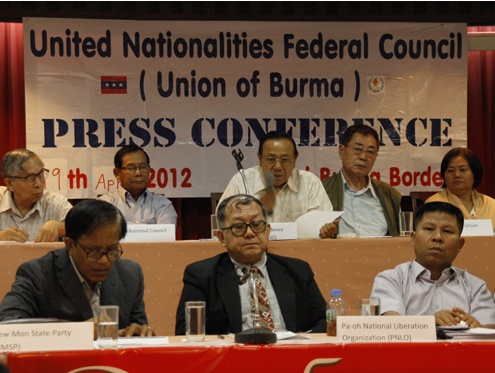 After its organizational conference held on a Thailand-Burma border area, disagreements between the United Nationalities Federal Council (UNFC) and the Karen National Union (KNU) has led to the KNU suspending its’ membership of the UNFC, a setback for the peace process. While this strikes a blow into the government engineered narrative that the peace process is making substantial progress, it is particularly worrying for the ethnic communities that have been suffering from this conflict for decades.
After its organizational conference held on a Thailand-Burma border area, disagreements between the United Nationalities Federal Council (UNFC) and the Karen National Union (KNU) has led to the KNU suspending its’ membership of the UNFC, a setback for the peace process. While this strikes a blow into the government engineered narrative that the peace process is making substantial progress, it is particularly worrying for the ethnic communities that have been suffering from this conflict for decades.
Ostensibly, disagreements over organizational structure have caused this rift, although there are also disagreements within the KNU leadership itself over its position in the UNFC, leading to fears of a split within what has traditionally been the most prominent ethnic armed group. Previous Burma regimes have used divide and rule tactics to weaken armed resistance and to sabotage ethnic unity and it is imperative that this does not happen now. As ethnic leaders squabble over leadership structures, surely much to the delight of the leaders of the Burma Army, it is the most vulnerable populations who feel the pressures, while the government manages to convince elements of the international community that a peace settlement is just around the corner. It is crucial that whatever reason for the KNU’s withdrawal from the UNFC, they must put the ethnic communities at the forefront of their decision making […]
• • •
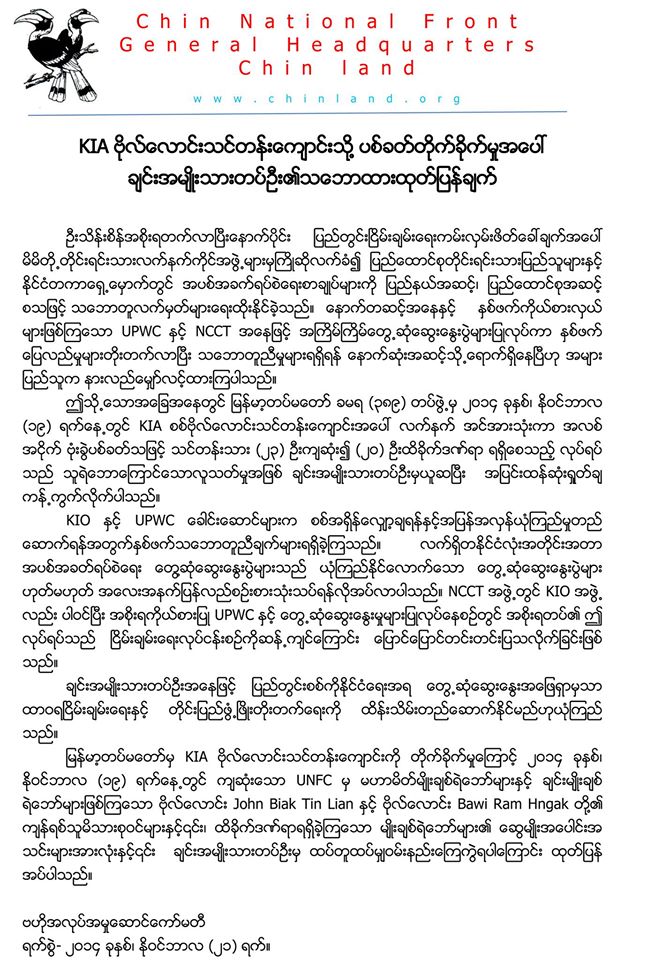
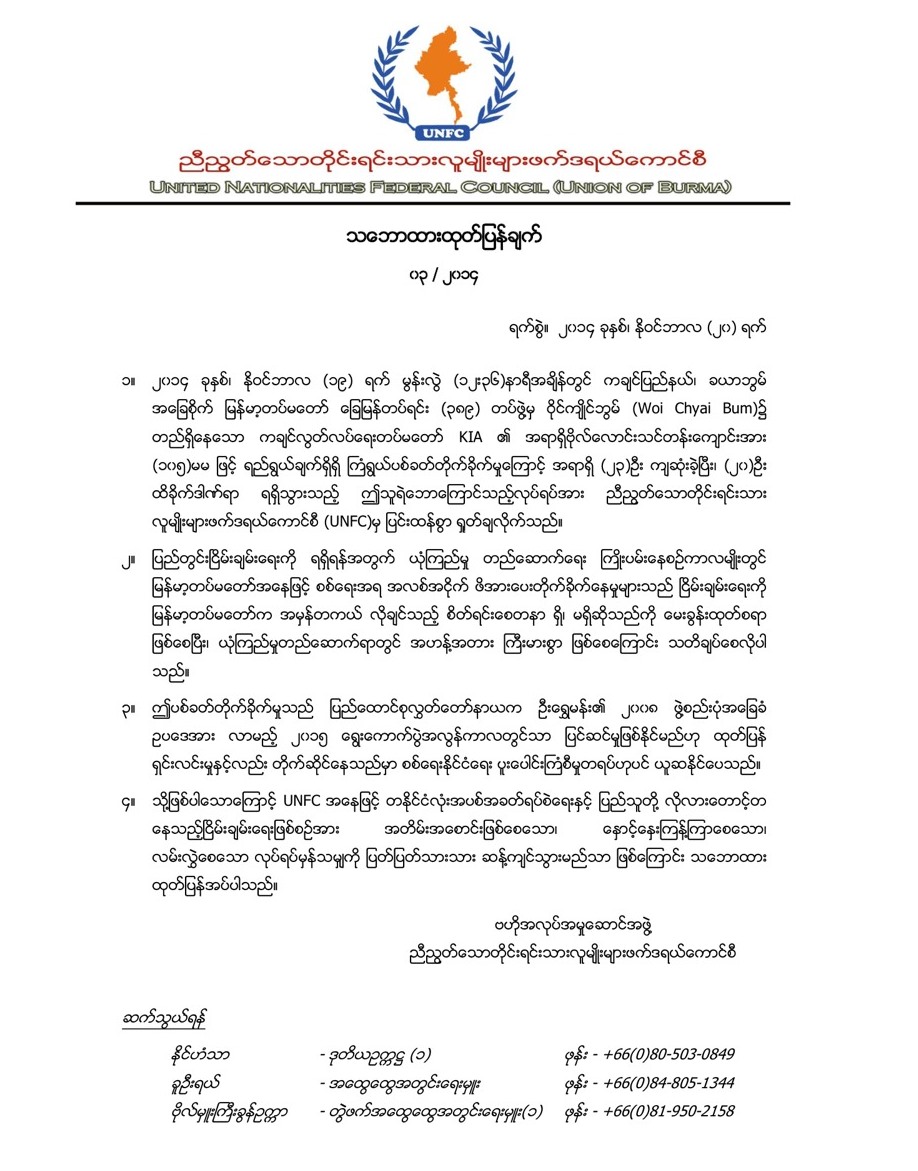
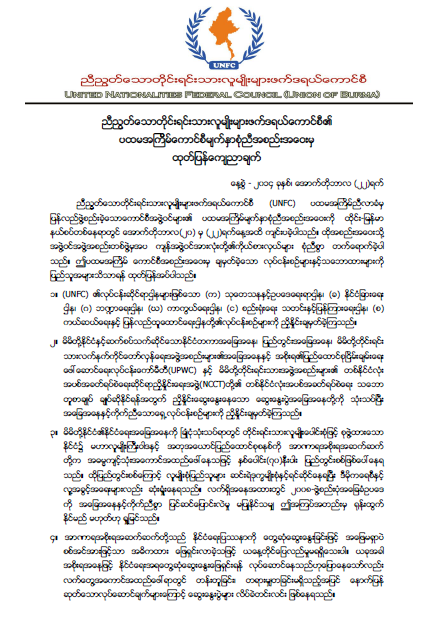
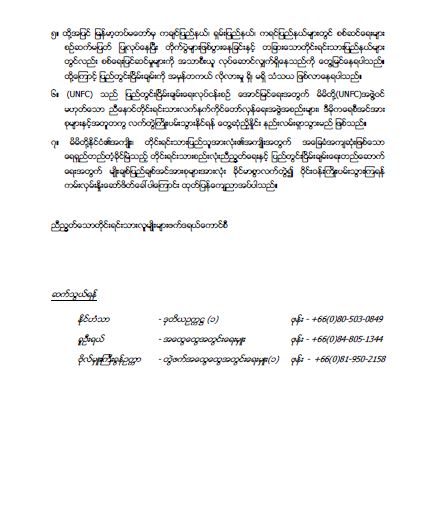
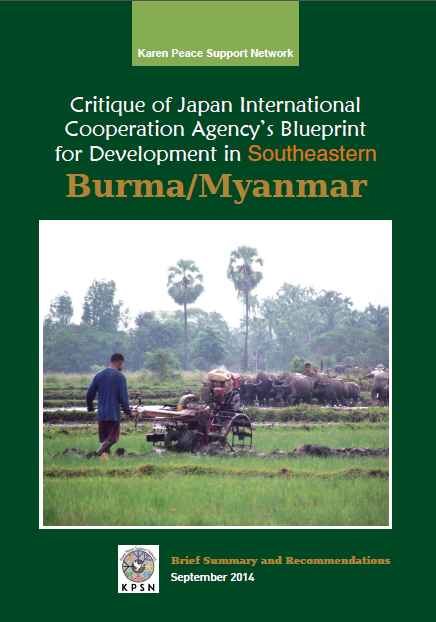
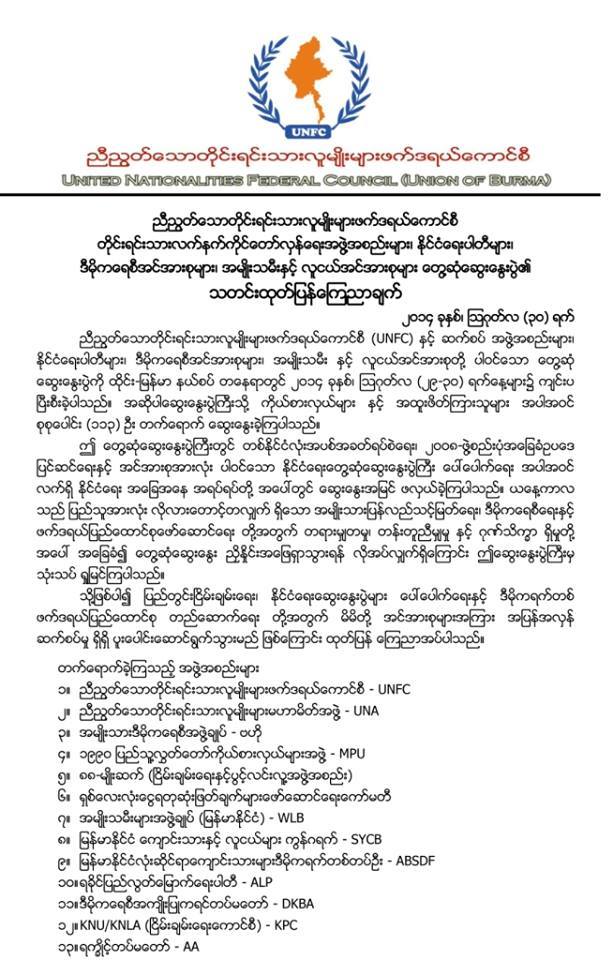








 All posts
All posts